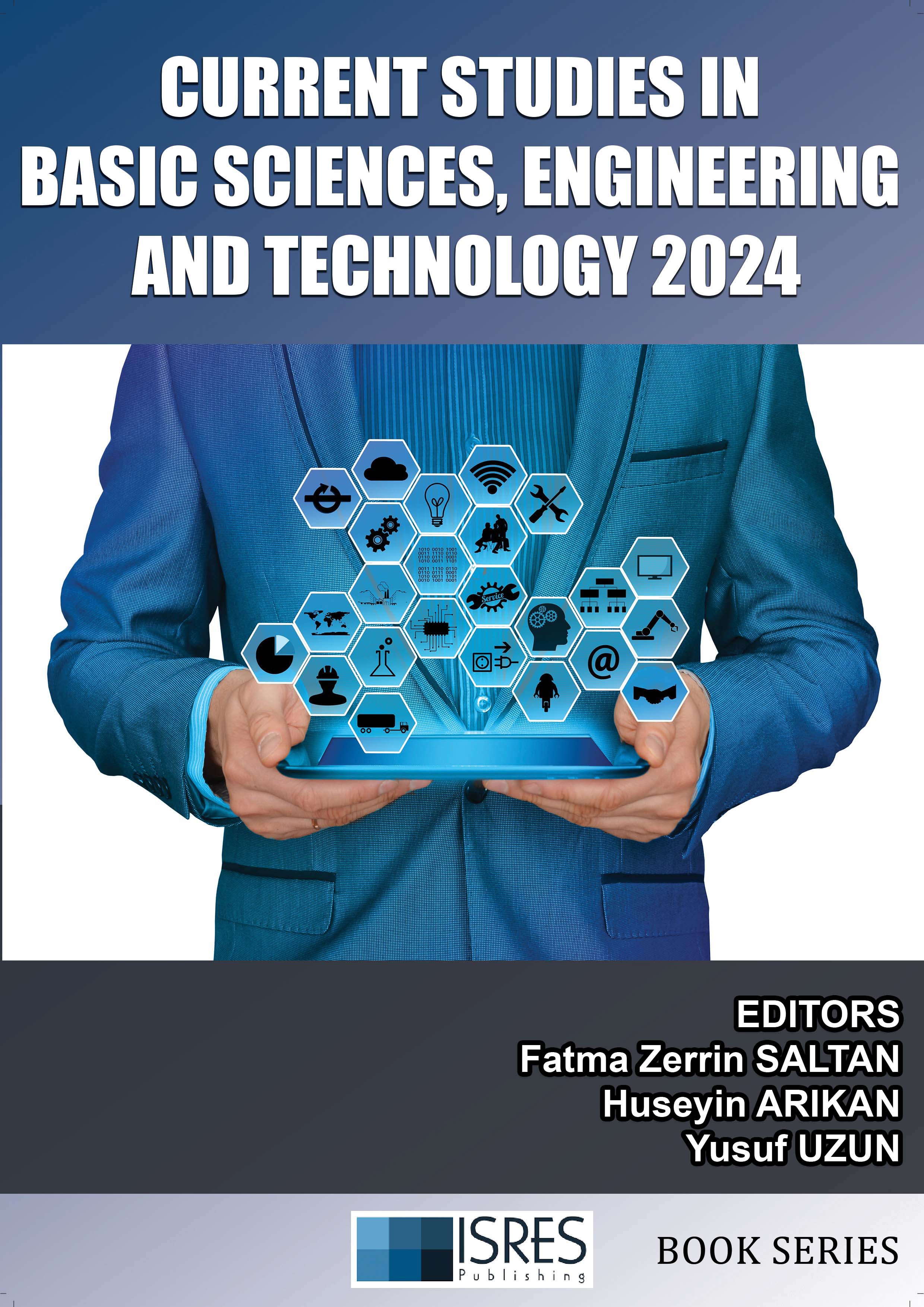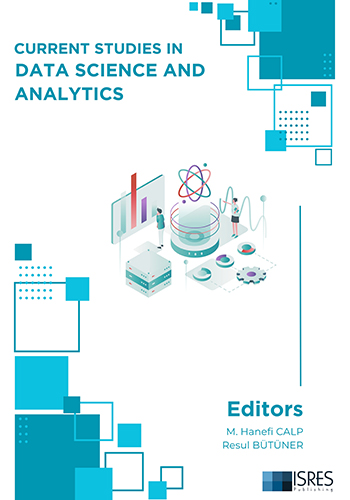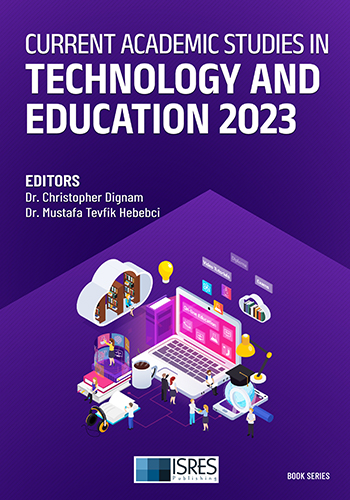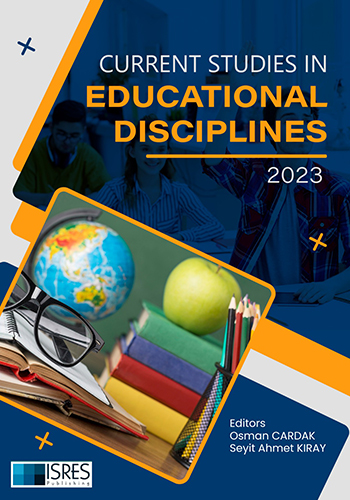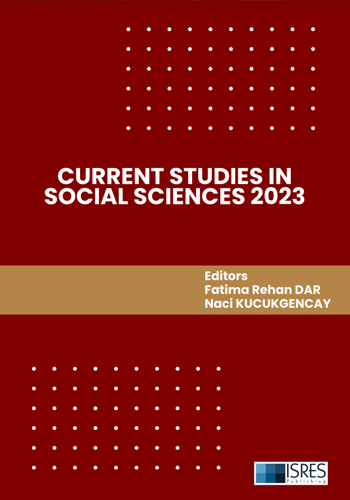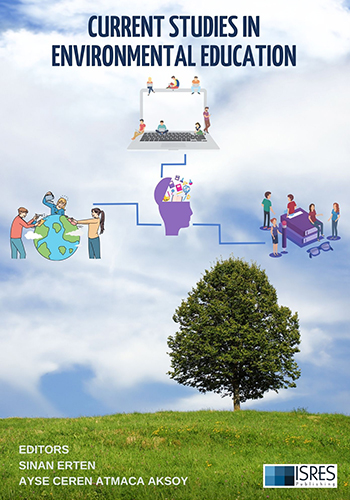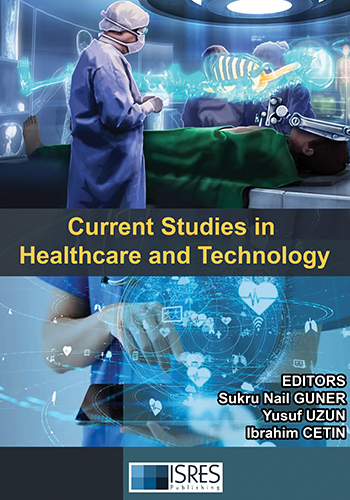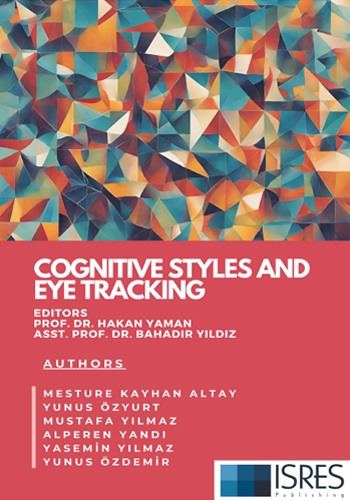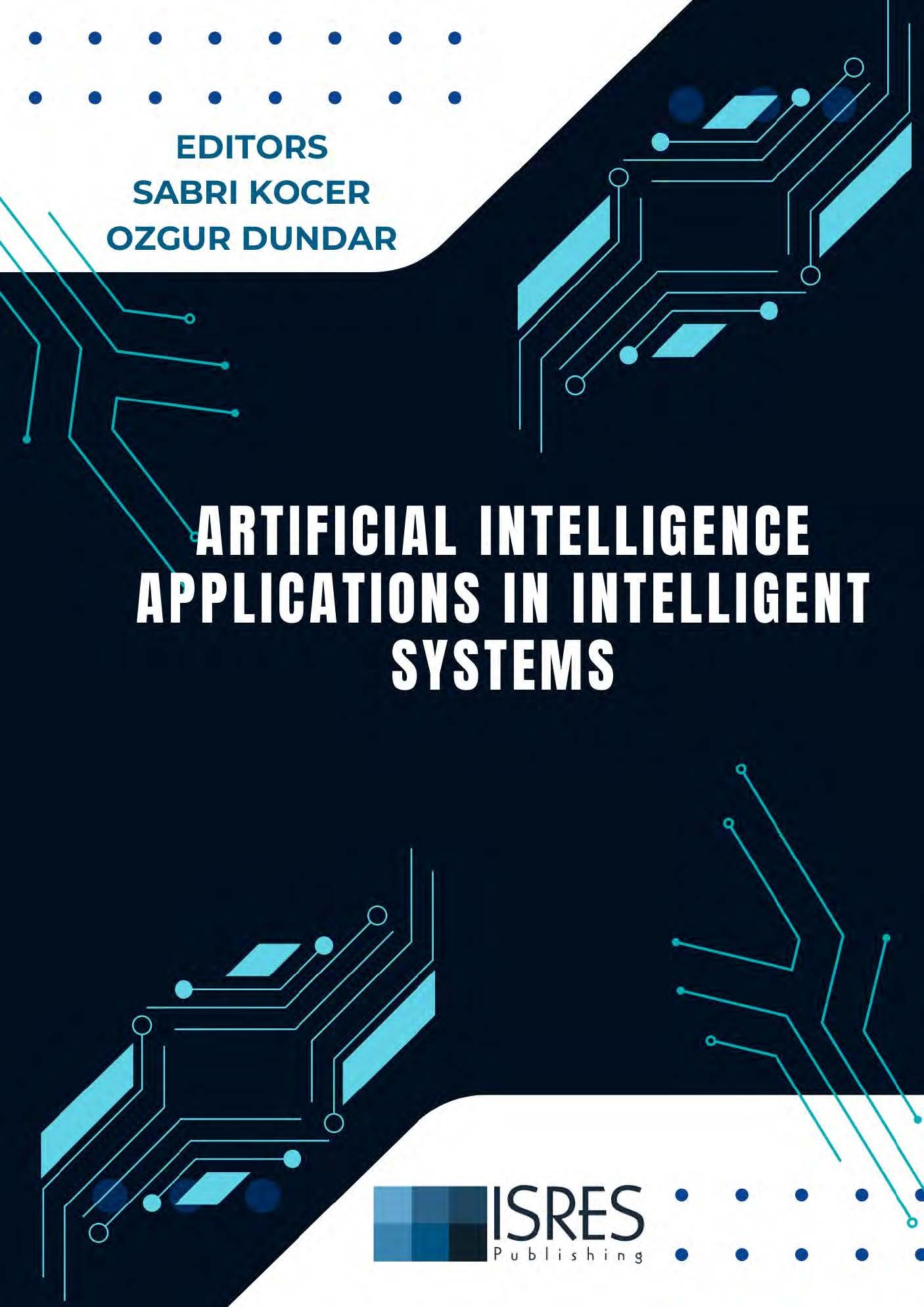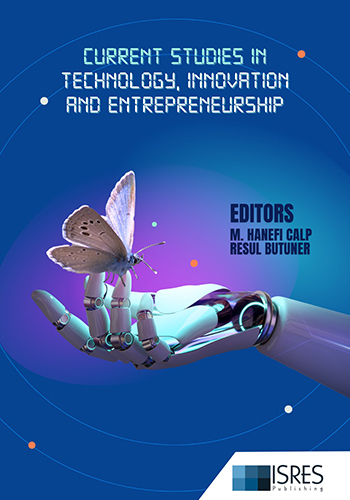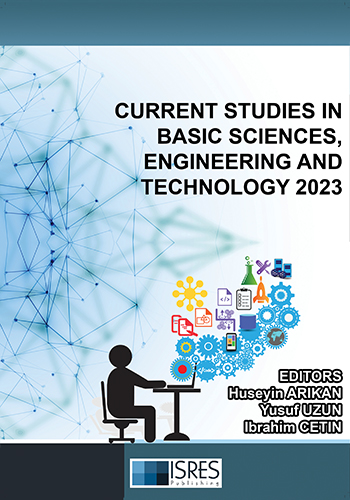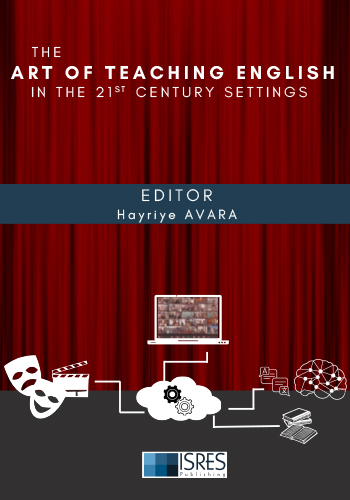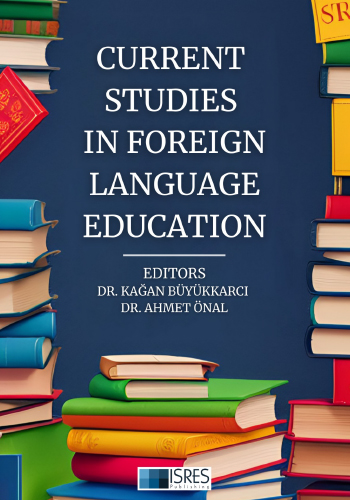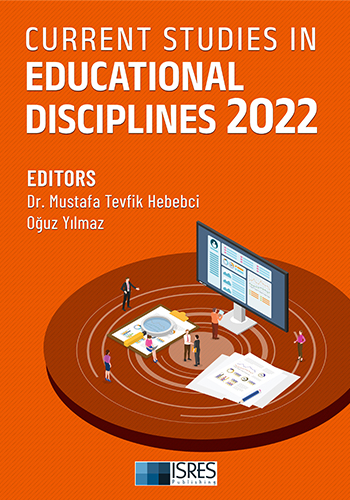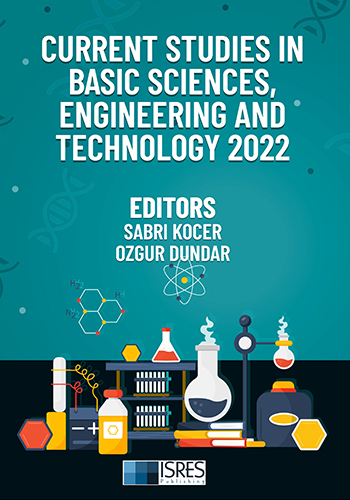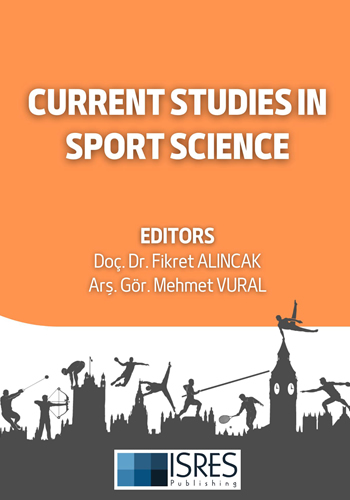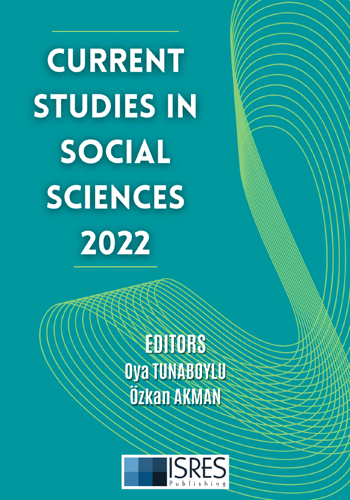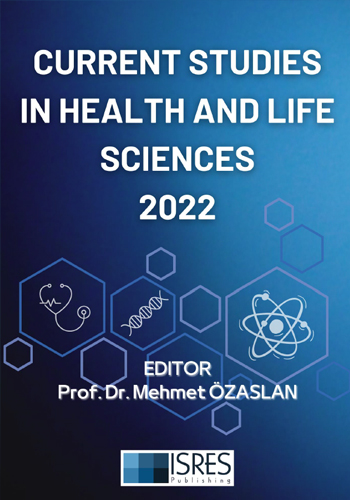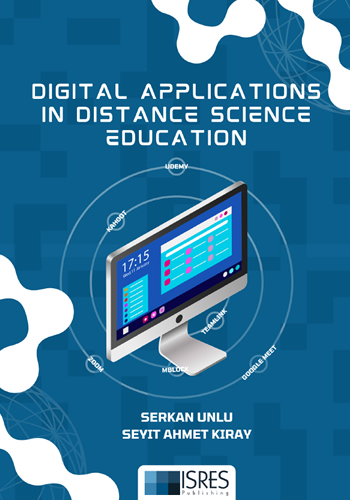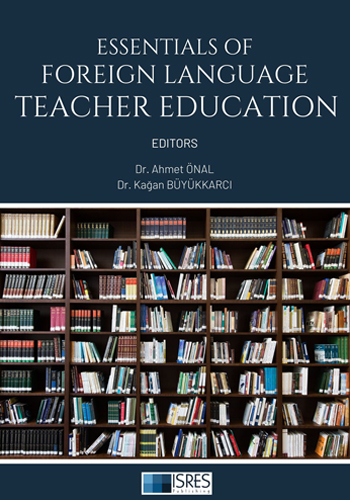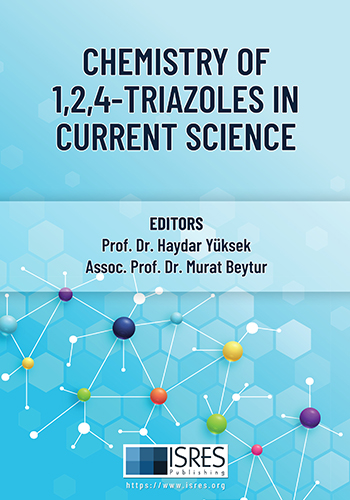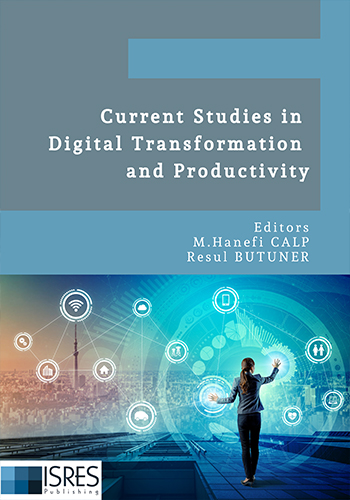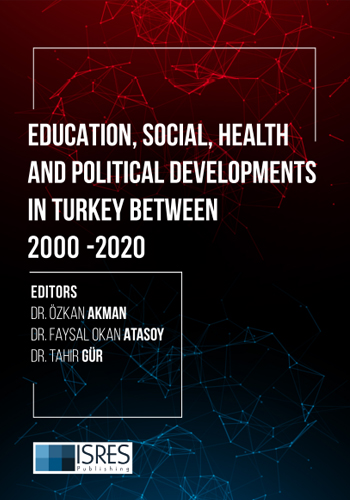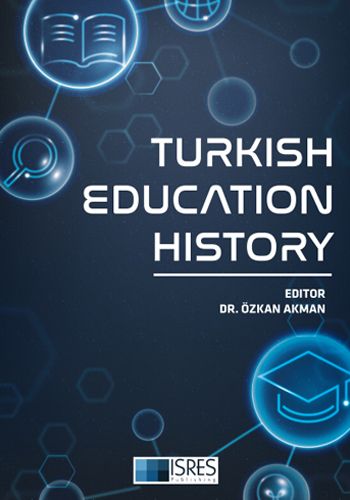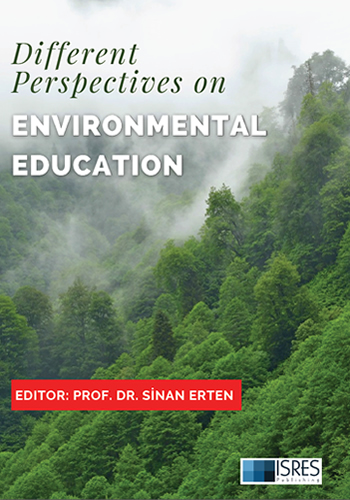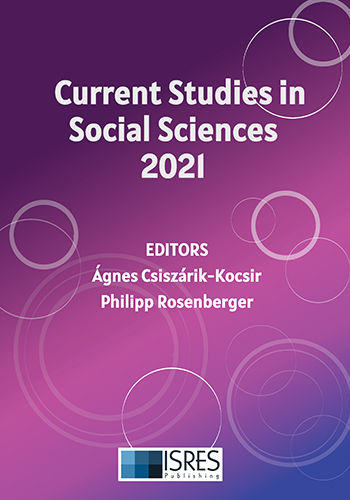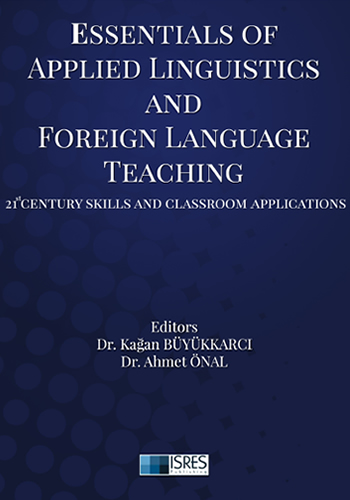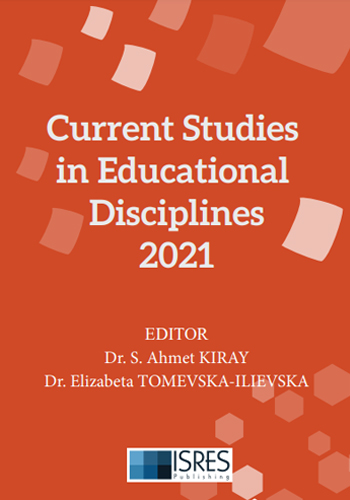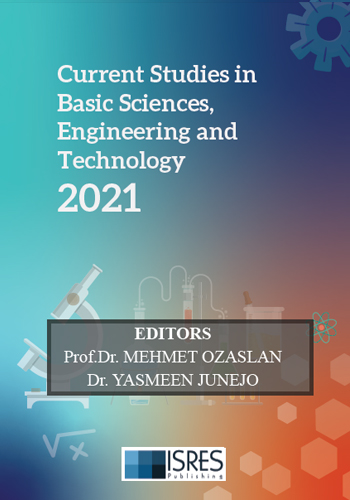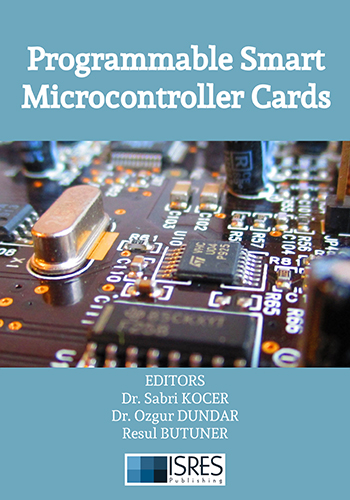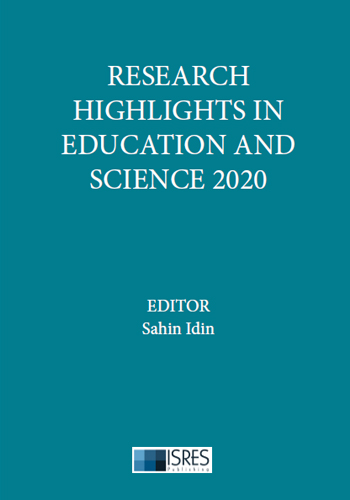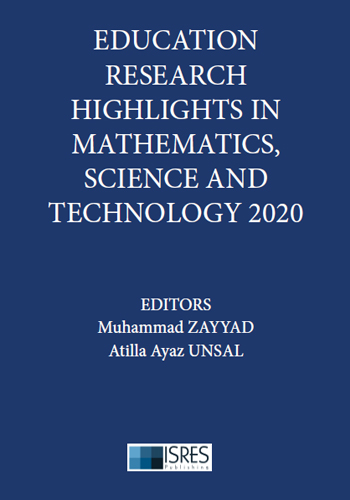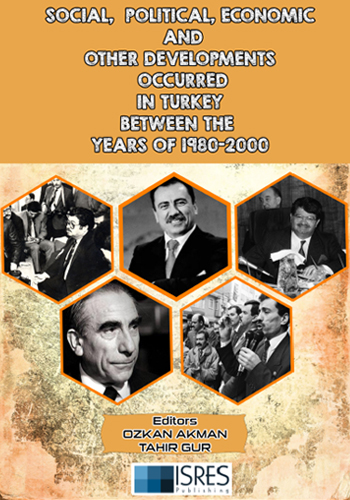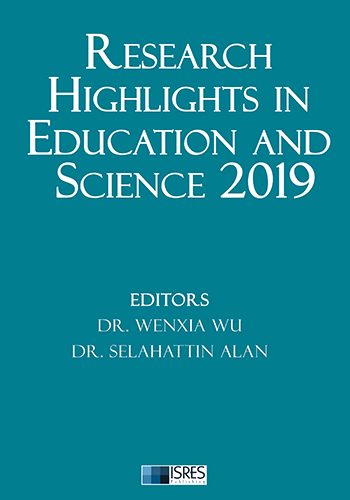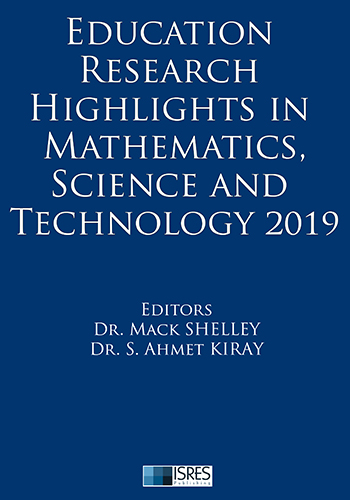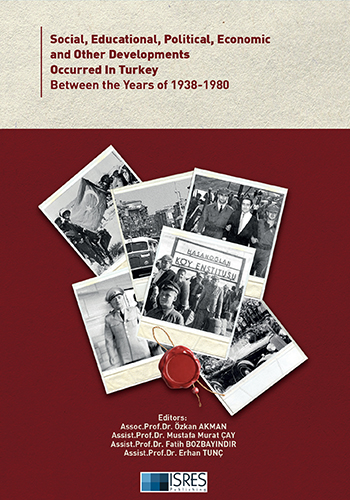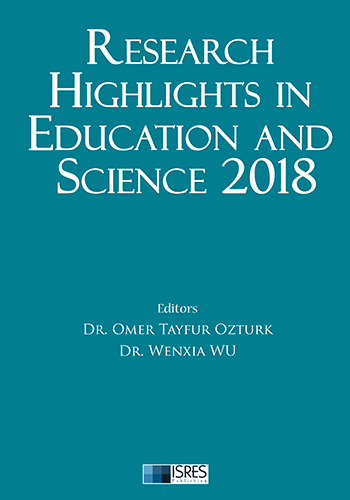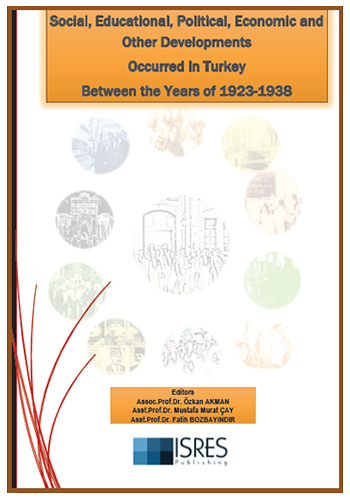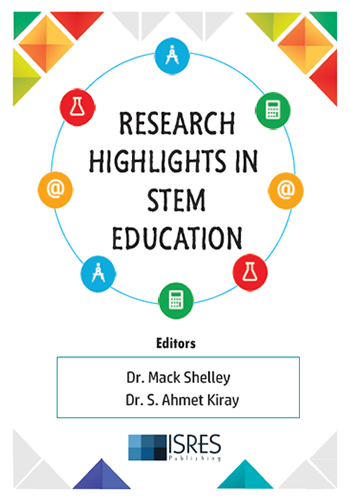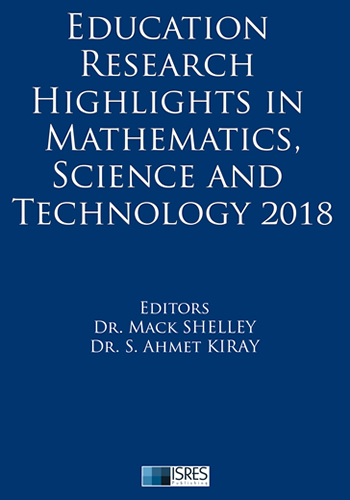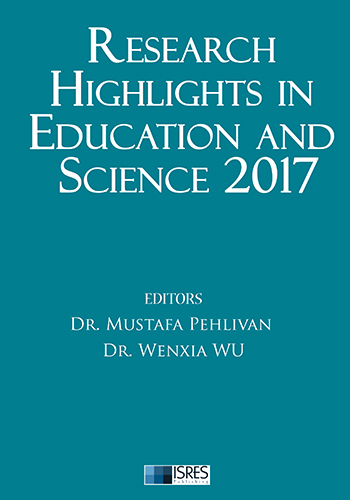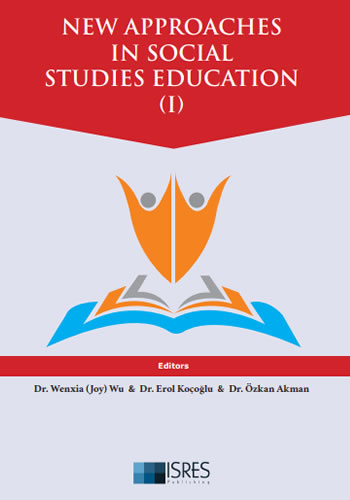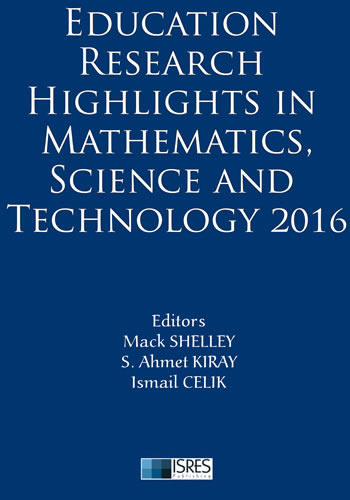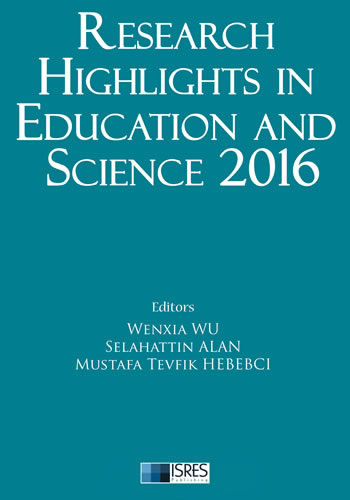Abstract: Science and technology ensure the progress in all areas of human life. Prosperity of the country is strongly linked with a proper application of STEM (Science, Technology, Engineering and Mathematics) fields. To achieve this goal, highly educated specialists both men and women are needed. Children should be exposed to science and technology from early childhood and the national educational policy has to take into consideration all levels of education. Graduate students should possess necessary amount of knowledge to be able later on to introduce into their reality the innovations of science and technology. Recently, a new system called K-12 is introduced in schools. Since the science is a strategically important field, therefore a significant fraction of students should study science and engineering what within a time can be converted into innovation and economic growth of the country. Special attention should be put on female students and the existing barriers that may inhibit them from studying the STEM fields. In this paper, a short analysis of K-12 educational system is performed and some best practices encouraging young people to study the STEM fields are presented. The under-representation of women scientists and engineers on the top positions in academia are also mentioned. Additionally, activities of two global NGO organizations (INWES and INWES-ERI), partners of operational type with UNESCO, whose primary objectives are to advance education in STEM are introduced.
Strategies Fostering Development of Innovations in The Areas Of STEM
Education Research Highlights in Mathematics, Science and Technology 2017
Editors: Dr. Mack Shelley, Dr. Mustafa Pehlivan
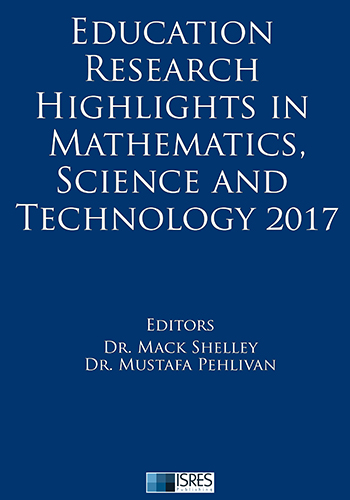
4300
Strategies Fostering Development of Innovations in The Areas Of STEM
Chapter Authors: Anna Szemik-Hojniak
Pages: 102-111
Other Chapters
Conversation as a Space for Students’ Learning in Mathematics Class: Re-Visioning Communicative Interactions
P. Janelle McFeetors
More Info Pages: 2-13
High Level Constraints Weighting on The Possible Shapes Knowledge Can Take on
Pierre Job, Jean-Yves Gantois
More Info Pages: 14-20
A Review of Research on The Misconceptions in Mathematics Education
Yasin Ay
More Info Pages: 21-31
Mathematics Education in South Africa: Many Perspectives, Many Voices
David A. Thomas, Heather A. Handy, Gerrit H. Stols
More Info Pages: 32-41
Infinity as a Mathematics Education Playground
Paul Betts
More Info Pages: 42-46
Educational Design of a Snake Game for Basic Mathematical Operations with a Different Approach
Hayri Incekara, Burak Tezcan, Selahattin Alan, Sakir Tasdemir
More Info Pages: 48-53
A Literature Review: Ipad Technology in The Mathematics and Science Classrooms
Sharon Grace Bixler
More Info Pages: 54-66
Improving Efficiency of Operational Education by Using Virtual Reality
Gazi Kocak, Yalcin Durmusoglu
More Info Pages: 67-71
Role of Information Technology in Education in India
Sangappa S. Rampure
More Info Pages: 72-76
Support and Considerations for Implementing The Survey Toolkit Project-Based Curriculum Using Tinkerplots®
Thomas Walsh Jr.
More Info Pages: 77-94
Web 2.0 in Nigerian University Libraries: A Literature Review
Joseph Chukwusa
More Info Pages: 95-101
Strategies Fostering Development of Innovations in The Areas Of STEM
Anna Szemik-Hojniak
More Info Pages: 102-111
Delineating The Roles of Scientific Inquiry and Argumentation in Conceptual Change Process
Ozgur K. Dogan, Mustafa Cakir, Robert E. Yager
More Info Pages: 113-121
The Use of Laboratories in Science Teaching
Cemil Aydogdu
More Info Pages: 122-131
Lessons Learned Around The Block: An Analysis of Research on The Impact of Block Scheduling on Science Teaching and Learning
Dorothy Holley, Soonhye Park
More Info Pages: 132-138
Budapest/Hungary Conferences - August 28-31, 2025
We are pleased to invite you to ISRES conferences, which will be held at Obuda University/Budapest/Hungary on August, 28-31, 2025. The following conferences will be held in Budapest/Hungary:...
15.01.2025
Trabzon/Türkiye Conferences - May 01-04, 2025
ISRES Spring Conferences - Trabzon/Turkiye SOCIAL SCIENCES – May 1-4, 2025, Trabzon, Türkiye * 5th International Conference on Social Science Studies - IConSoS2025 ...
11.12.2024
Peja/Kosovo Conferences - July 10-13, 2025
We are pleased to invite you to our conferences, which will be held at University of Peja Haxhi Zeka on July, 10-13, 2025. The following conferences will be held in Peja/Kosovo: - 7th Internat...
28.11.2024





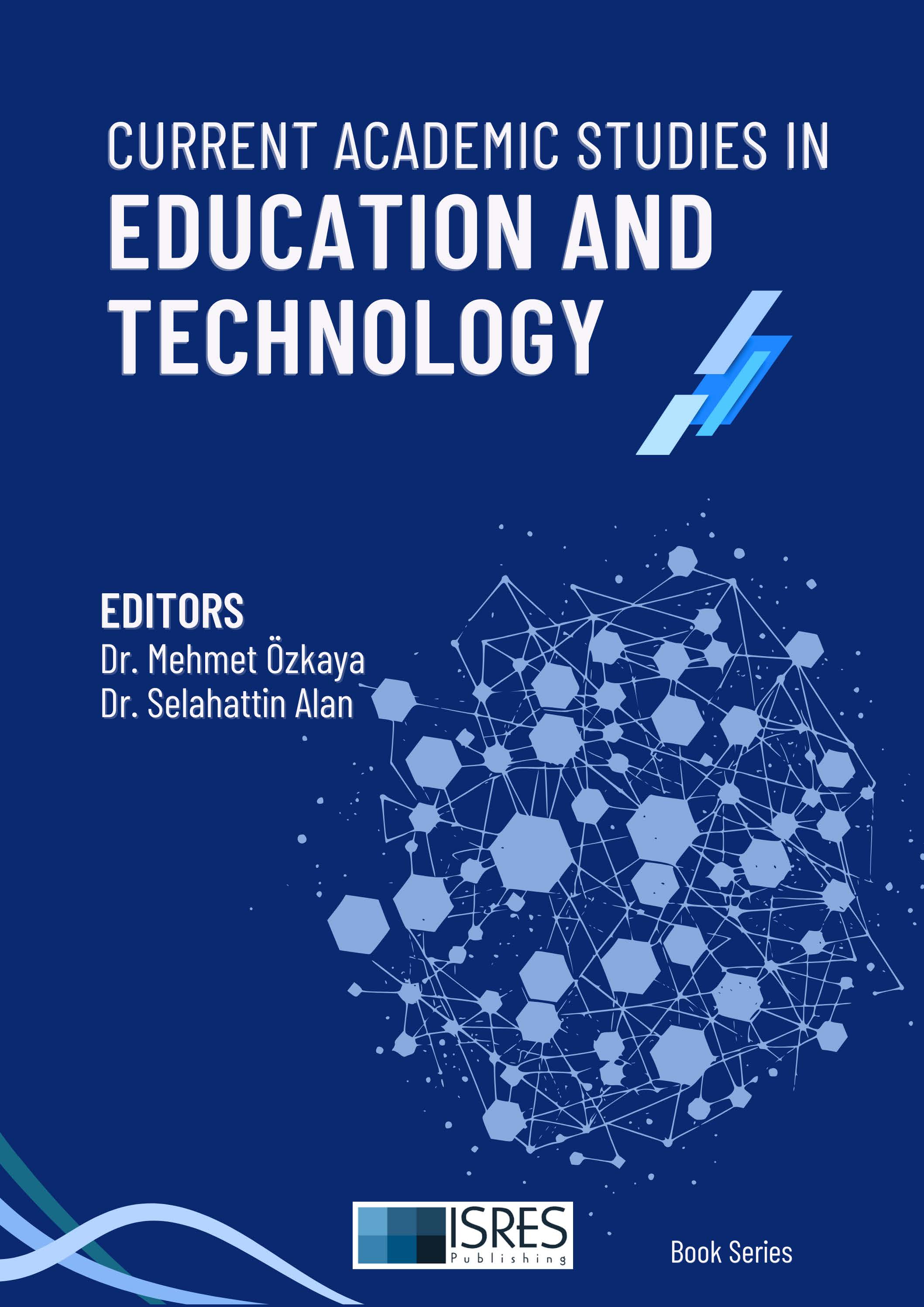


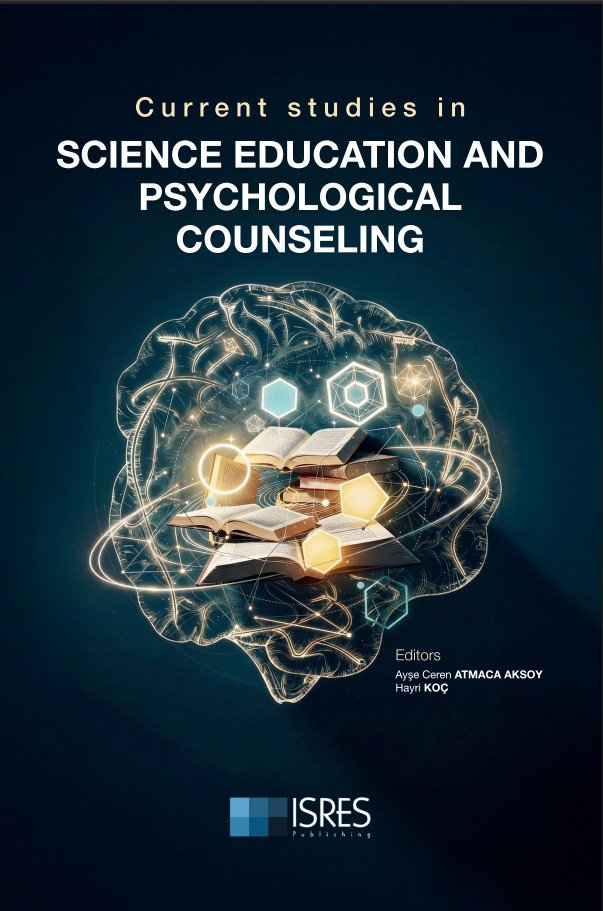
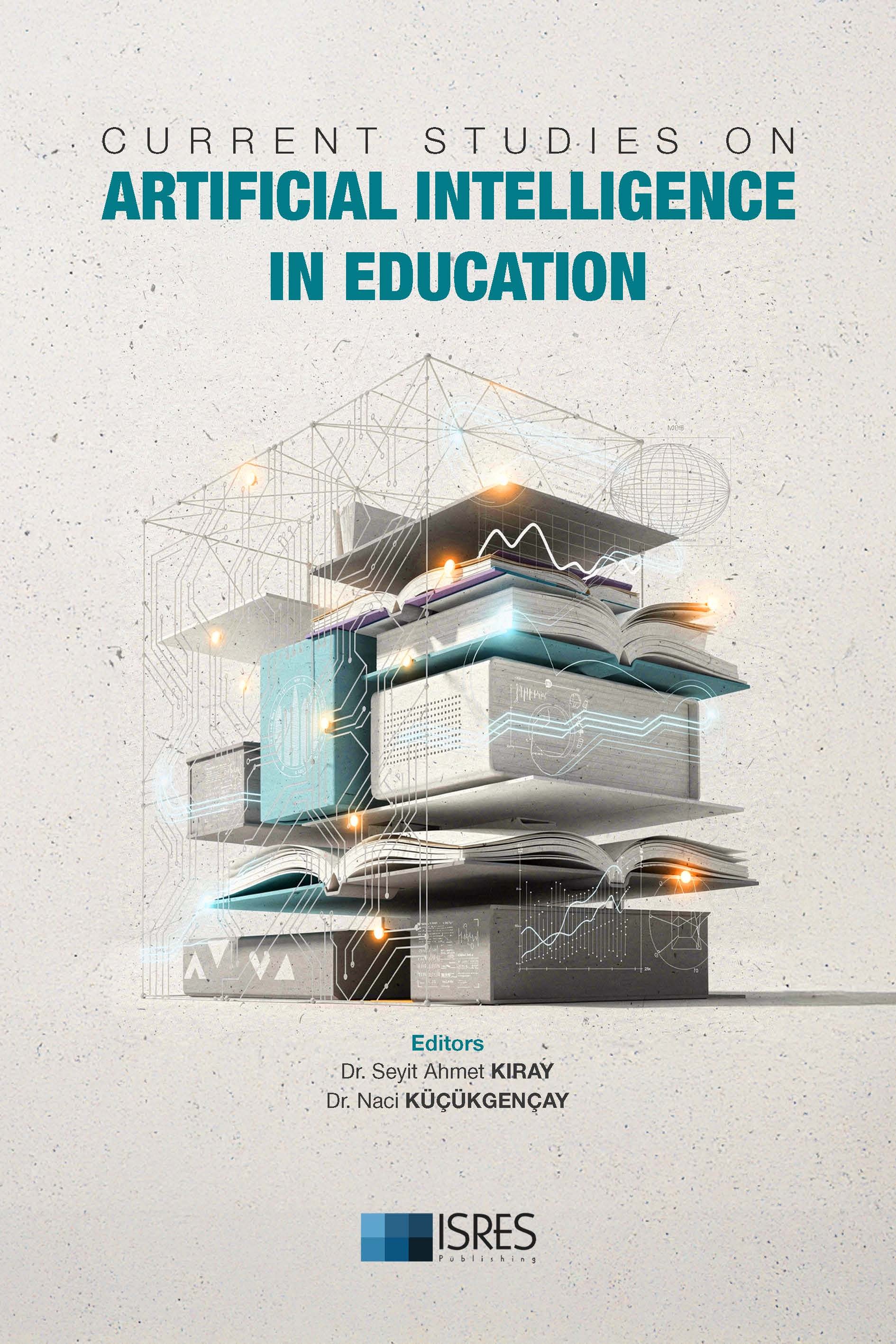
_Sayfa_001_23-12-2025.jpg)
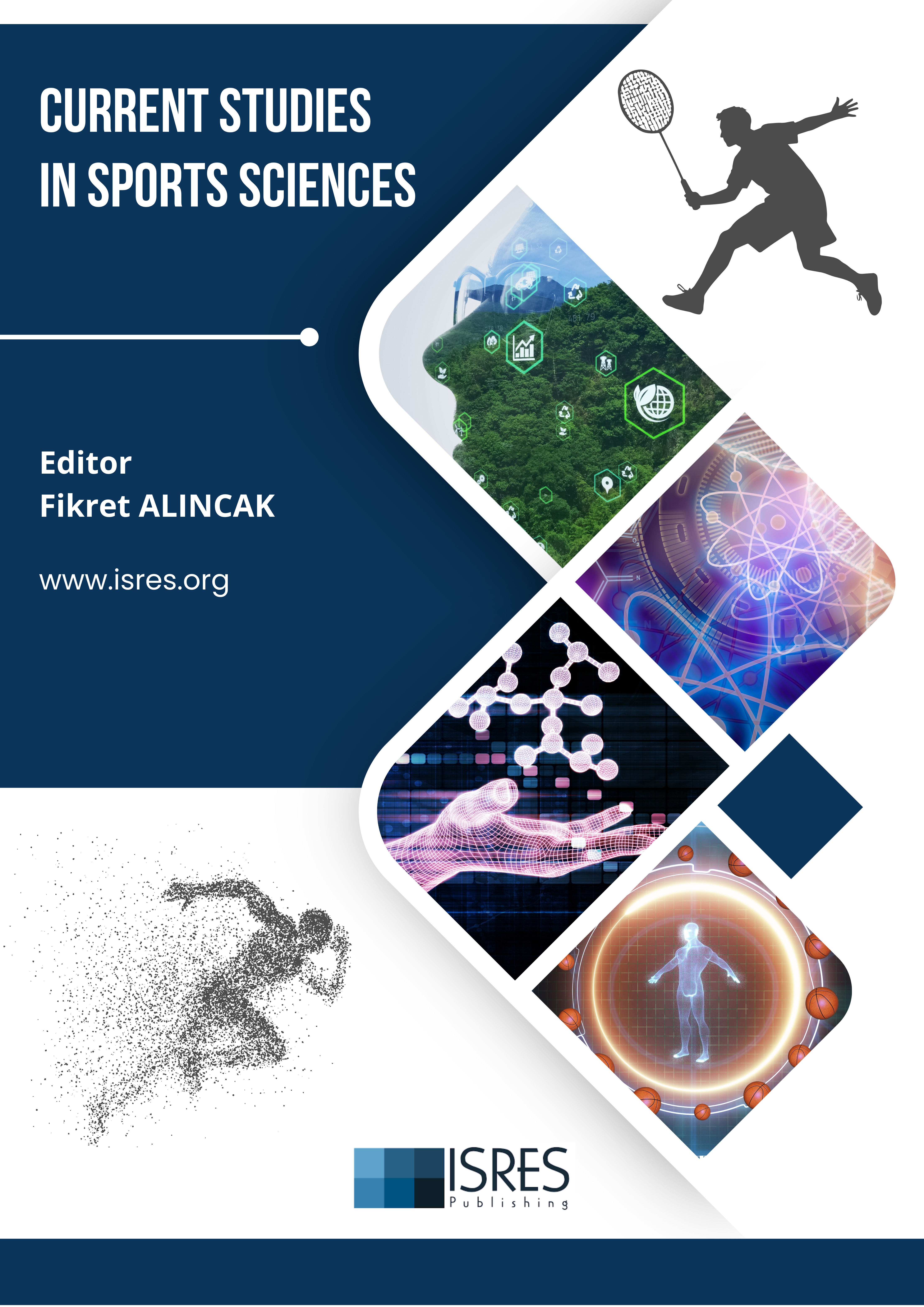


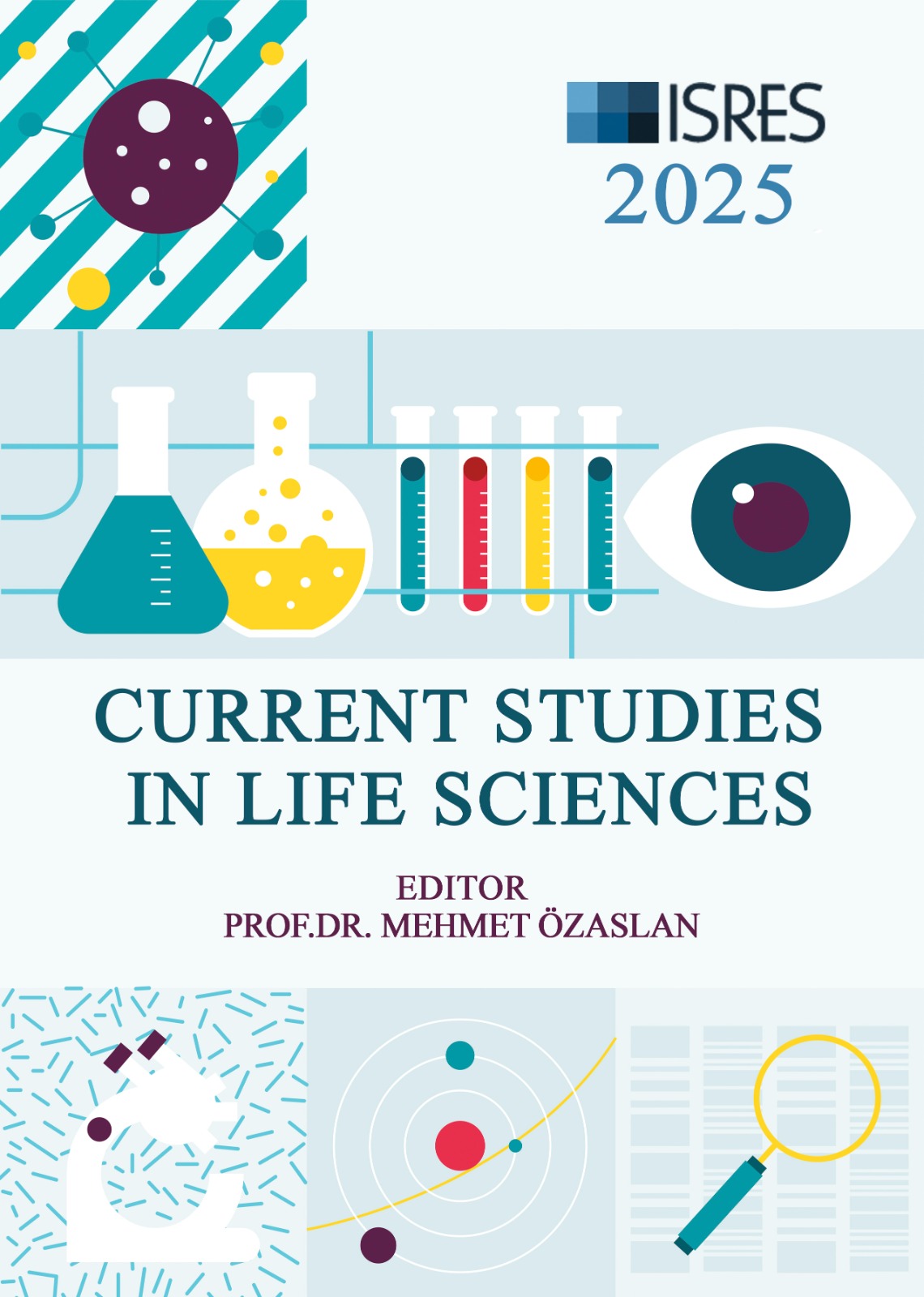
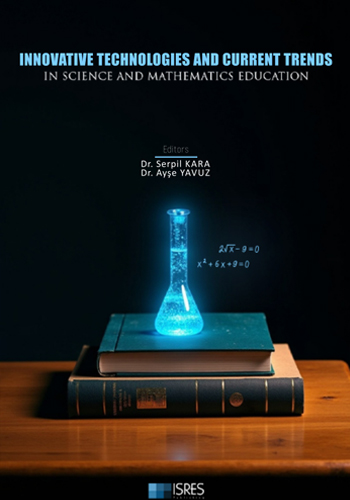
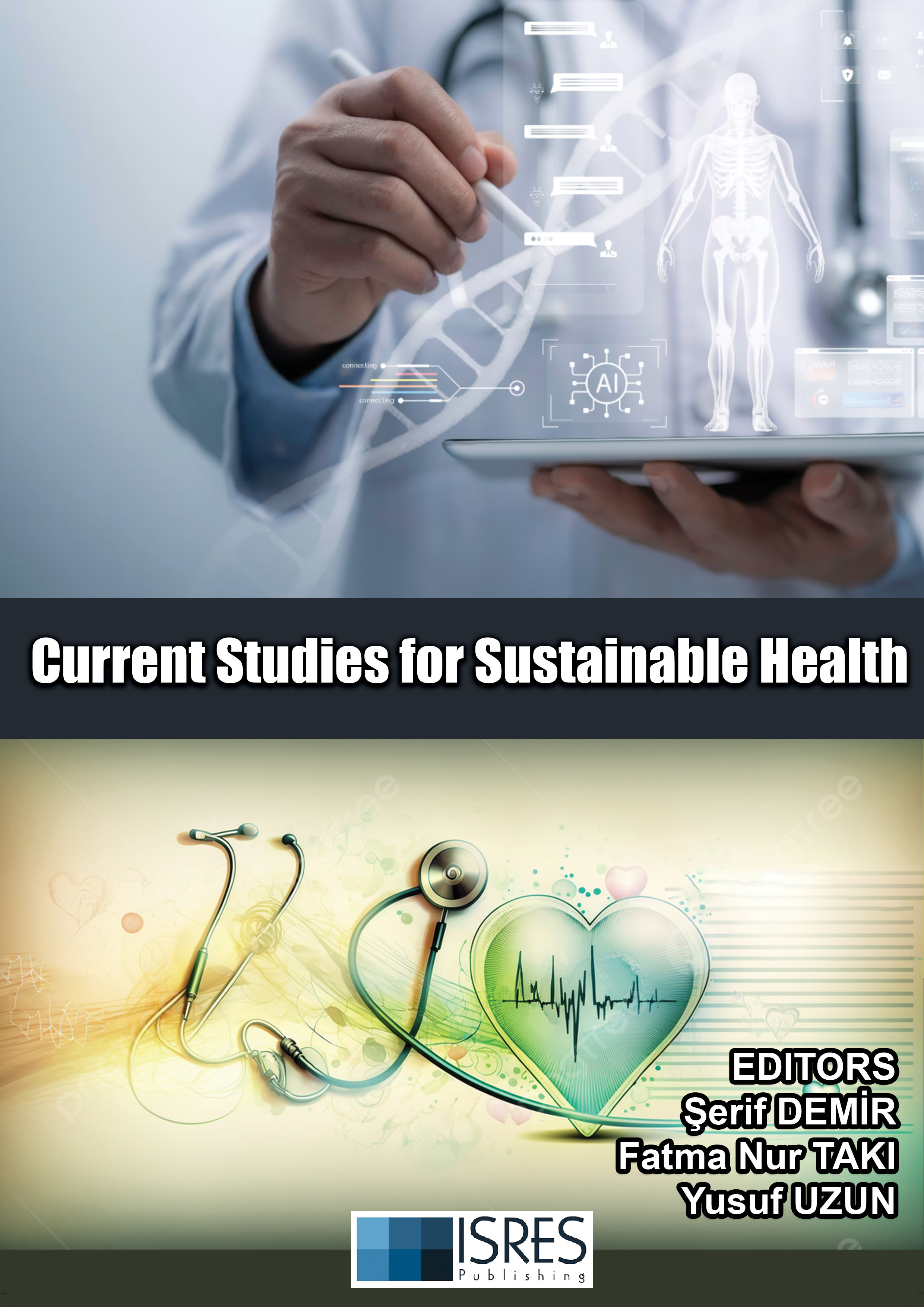




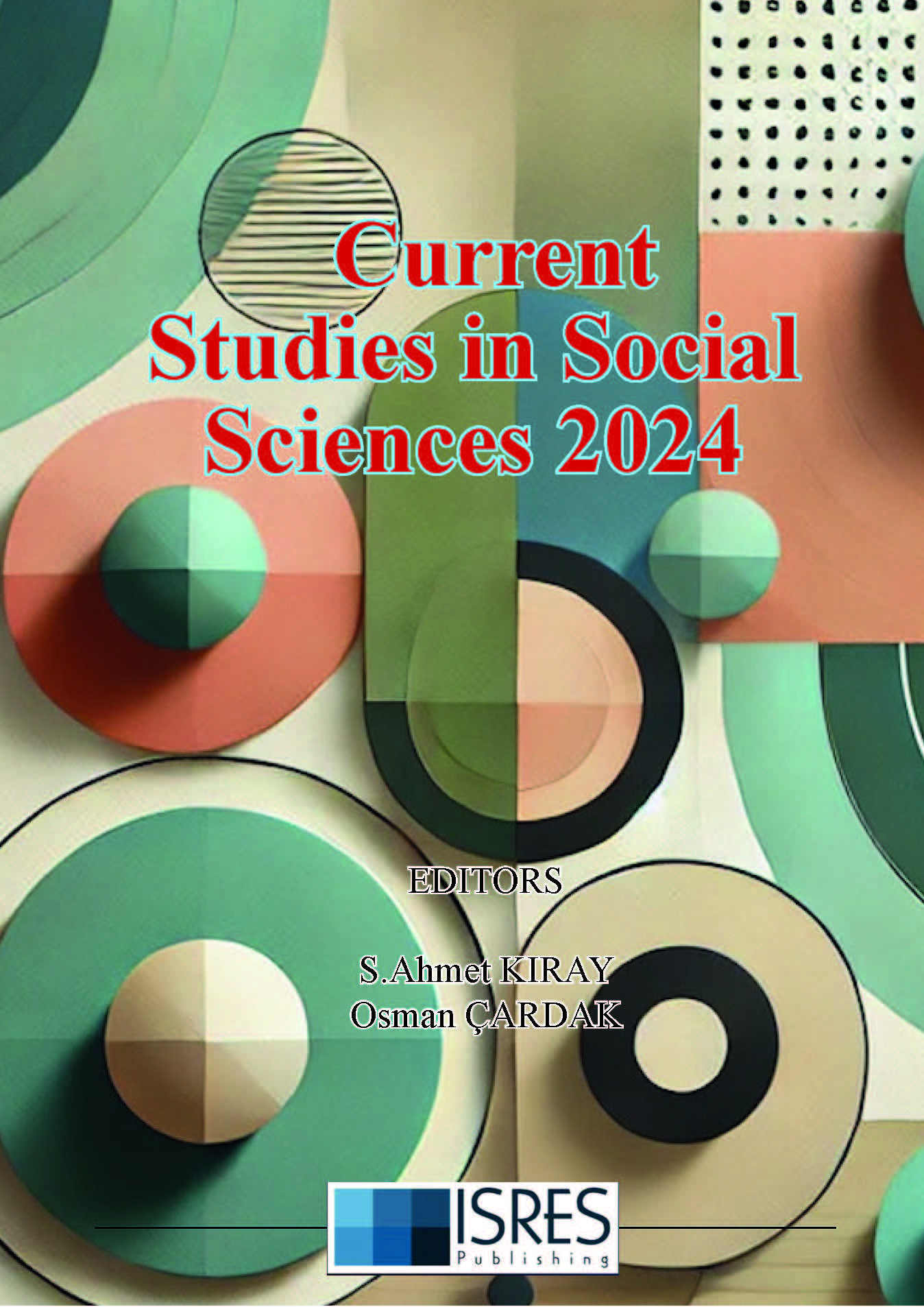
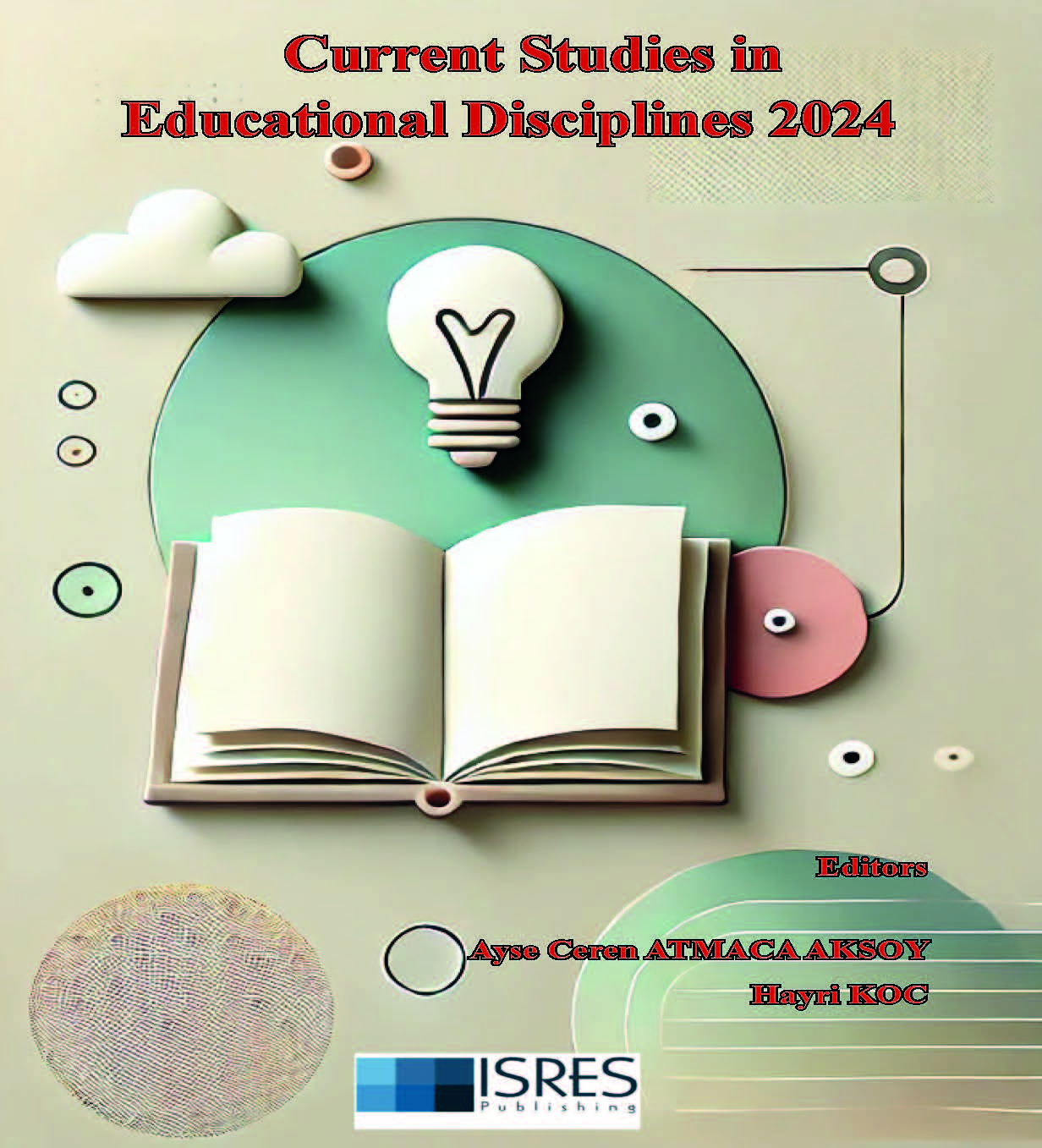
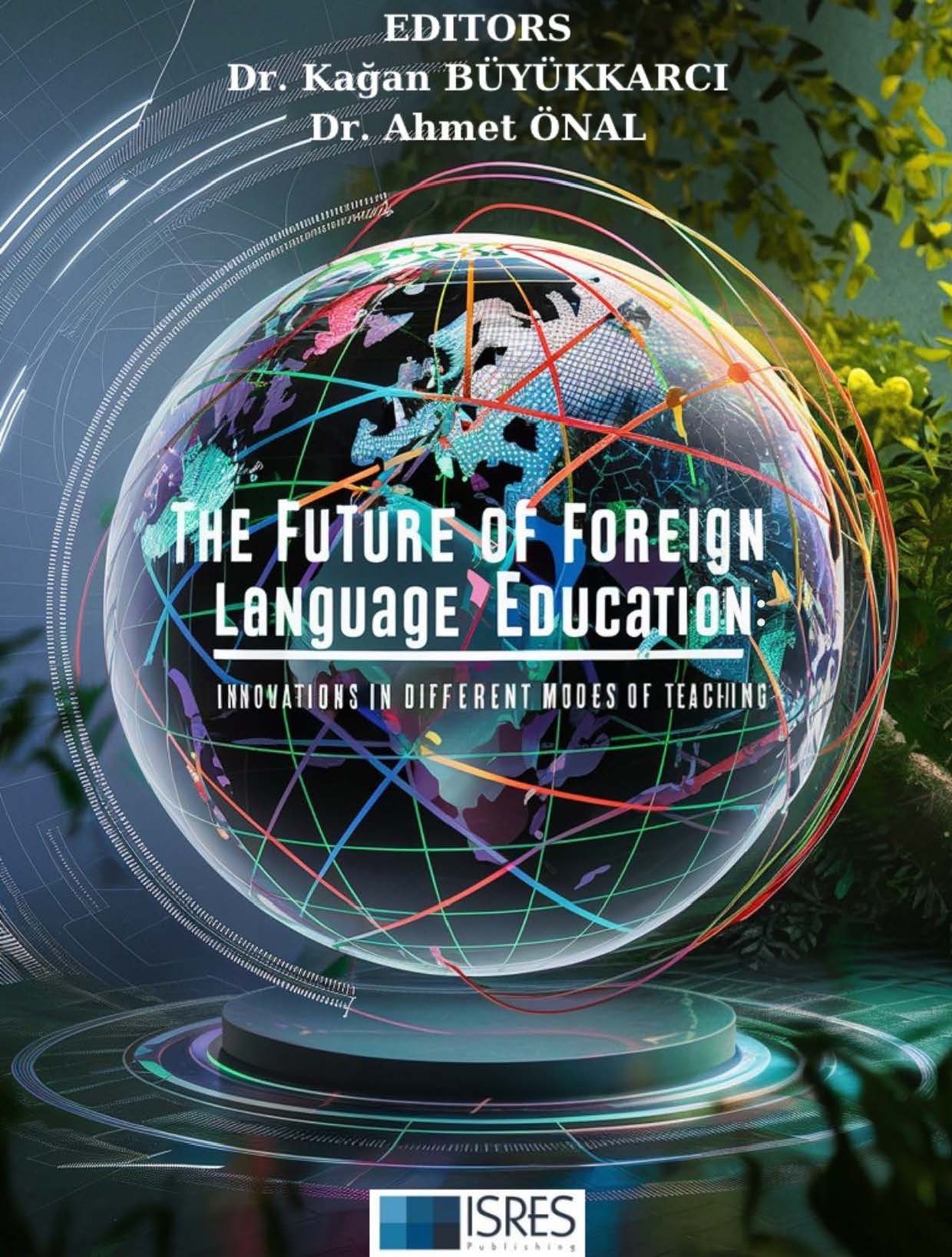
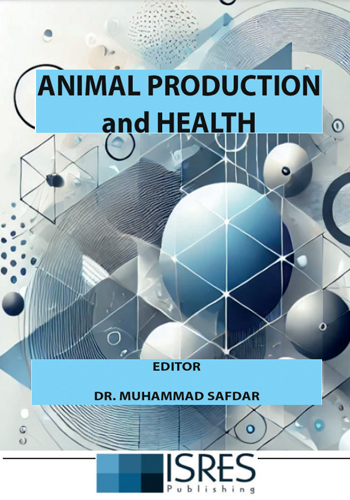
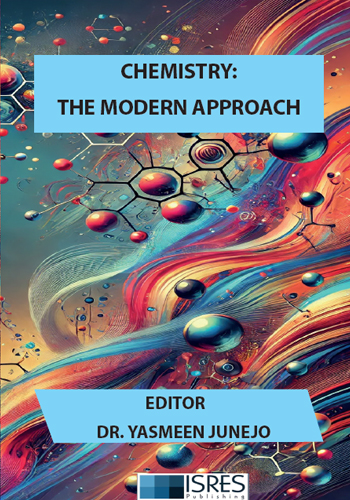
 (1)_16-12-2024.jpg)

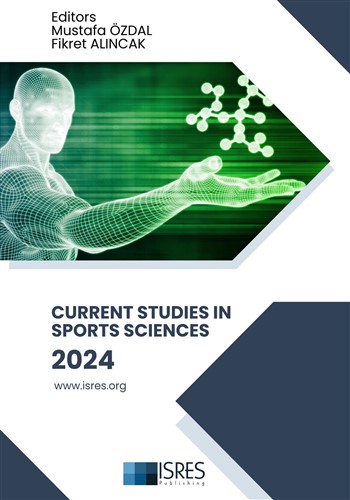
_29-12-2024.jpg)
 (1)_01-01-2025_10-03-2025.jpg)
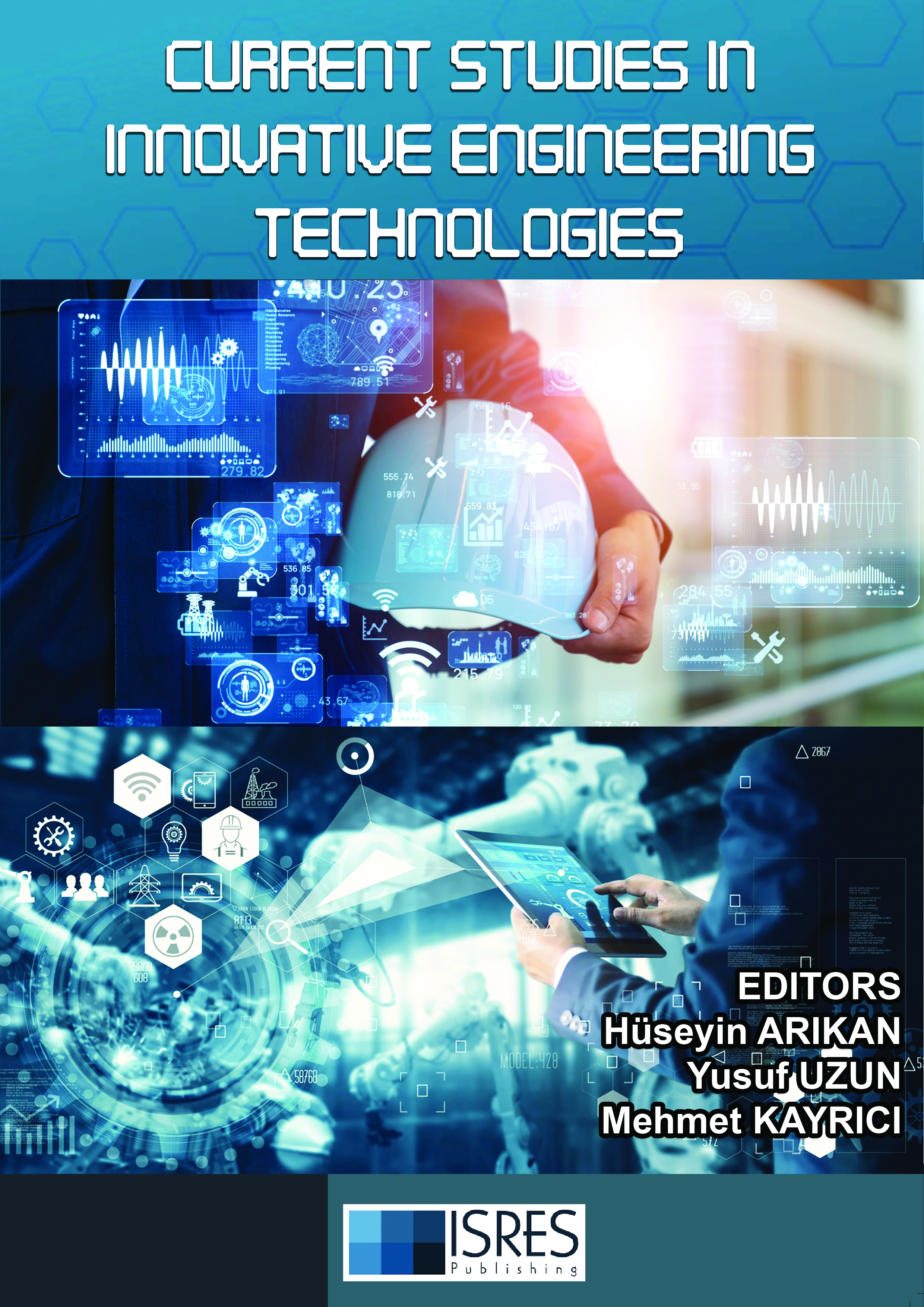
_01-01-2025.jpg)
